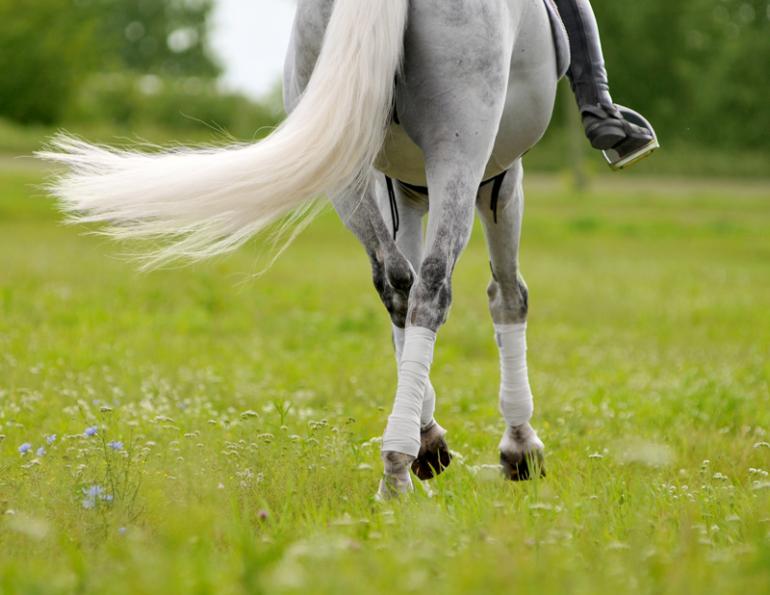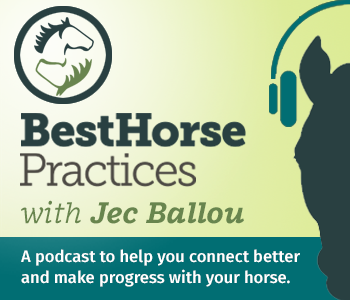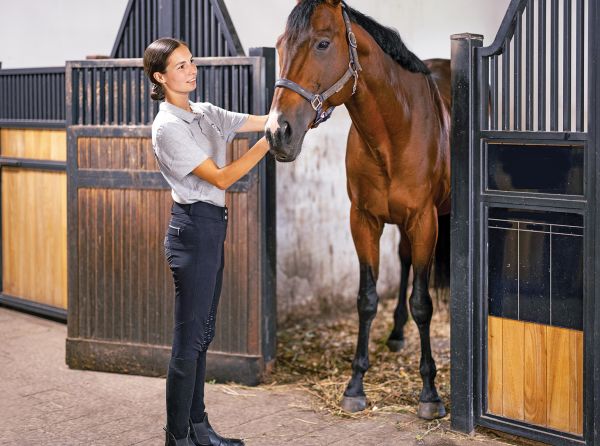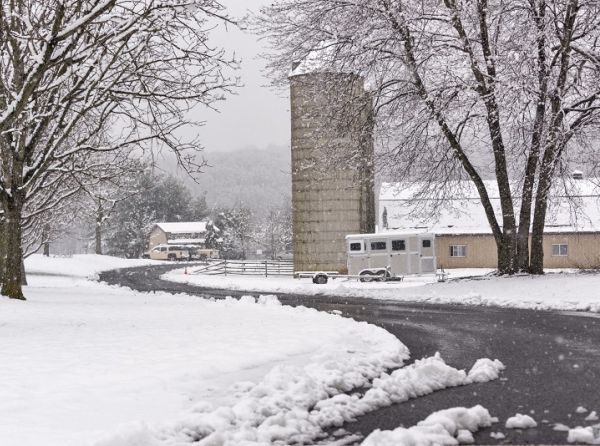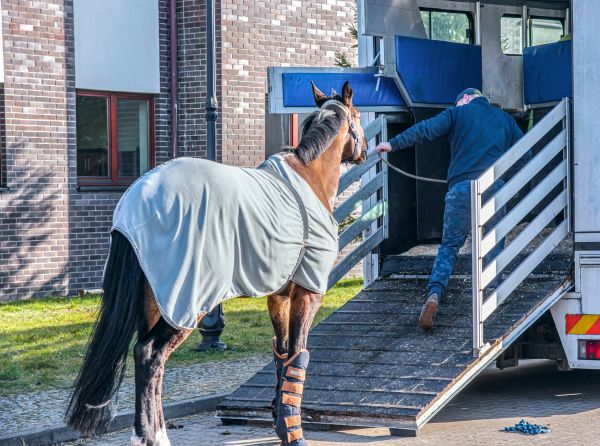Source: University of Guelph
On February 10, 2018 the University of Guelph hosted the second Equine Industry Symposium aimed at bringing industry professionals and enthusiasts together to discuss ways to keep and retain youth engagement under the theme Joining Forces on Youth Engagement.
The opening remarks by Akaash Maharaj, former CEO of Equine Canada, put the Canadian equine industry into perspective using startling graphics clearly depicting a greater impact on the economy than the dairy industry, and a striking decline in industry participants. “Our industry is galloping toward a demographic precipice and unless we do something today, our industry will collapse in a mere 25 years.”

In his opening remarks, conference facilitator Akaash Maharaj, former CEO of Equine Canada, presented Canadian equine industry graphics clearly depicting a greater impact on the economy than the dairy industry, and a striking decline in industry participants. Photo: Katrina Merkies
The morning was filled with thought-provoking presentations from a variety of professionals addressing the topics of youth recruitment, engagement and succession. Dr. Heather Ramey from Humber College School of Social and Community Services iterated that activity participation does not follow a clear-cut model, but should begin early to keep youth interested later in life. Parents play a key role in youth engagement – parents who participate in activities themselves or who value participation, who are better educated and have a higher income, are more likely engage their children in activities. Barriers must be removed to provide youth with opportunities to get involved in the industry.
Jenny Mayer, Project Assistant at AgScape, presented AgScape’s approach to bringing agriculture to the classroom for grades 7-12. Teachers can request an AgScape lesson on food, agronomy, biotechnology, or environment to connect students with their food and how it is produced. Each lesson highlights career options in agriculture to dispel the belief that agricultural careers involve only tractors and overalls. As the equine industry sits in the agricultural sphere, opportunity exists to use the template Agscape has created to introduce equine topics into the classroom, and in the same way, work to dispel myths surrounding the equine industry and promote the range of possible careers with horses.
Tracey McCague-McElrae, Executive Director for Ontario Equestrian (OE), discussed Ontario Equestrian’s commitment to promoting equestrian sport and creating guidelines for safe, level play among horses and people. Rider-centred programming includes coaching, officials and facility certification. The Long-Term Equestrian Development program provides a clear pathway for riders from child- to adulthood whether competitive or recreational. OE has partnered with a variety of other associations and organizations to provide quality programs for all aspects of equestrianism.

Speakers and VIPs (L-R): Noah Morrissey (son of Dominic Morrissey), Jenny Mayer, Heather Ramey, Gayle Ecker, Rene van Acker (dean of OAC), Malcolm Campbell (AVP research for UG), Bronwynne Wilton (a moderator), Akaash Maharaj, Tracey McCague-McElrae, Dominic Morrissey (PC candidate), Kim Leffley. Photo: Matthew Riediger
The goodwill and enthusiasm in the room was palpable as participants embraced the symposium’s theme of Joining Forces. Maharaj summed up the day with the phrase “I am somebody. Each and every one of us is important to the equine community, and each of us can take a small step or a large step or a series of steps to influence the direction our industry will take. We will succeed together, or fail apart.”
The event was organized and hosted by second-year students in the Bachelor of Bio-Resource Management degree program majoring in Equine Management.
Reprinted with the kind permission of Equine Guelph.
Main photo: Katrina Merkies





